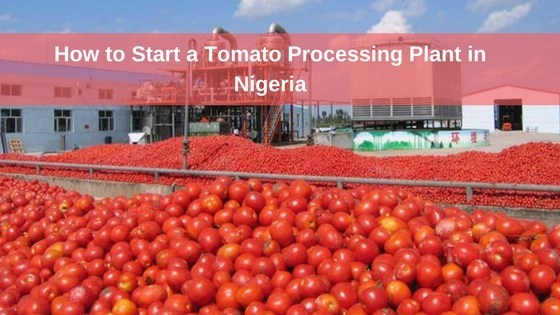Dr. Abayomi Olaniyan, Executive Director, National Horticultural Research Institute (NIHORT) Ibadan, on Tuesday called for improvement in tomato processing, to reduce seasonal glut in the country.
Olaniyan made the remark at the training and empowerment of unemployed youth on tomato nursery practices, value addition and Telfairia (ugu) production, organised by NIHORT, in collaboration with Hauge Logistics Ltd, Ibadan.
The News Agency of Nigeria (NAN) reports that no fewer than 50 people were trained at the programme on different tomato value addition and Telfairia production, sponsored by the National Assembly.
According to him, processing tomato will go a long way in reducing the quantity of tomato imported into the country, especially during the lean season supply of the commodity.
The executive director noted that tomato is a profitable horticultural crop that provides income to farmers and agents involved in its production and marketing.
Olaniyan said tomato production in Nigeria was still short of demand, putting the annual production figure at 1.8 million tons, and the annual demand at 2.3 million tons.
READ ALSO: EU should have spoken out against “lies’’ in Brexit vote – Juncker
He said that tomato nursery management was important for future development of the commodity value chain, as it was a basic need for producing quality seedlings.
Olaniyan described Telfairia as an important leaf, saying the seed vegetable is of great economic importance and in high demand as a result of its wide consumption in Nigeria.
“The leaf is of high nutritional, medicinal and industrial values, rich in protein, fat, minerals, vitamins; there is a high prospect in its production and marketing within and outside Nigeria.
“The high oil content of the seeds makes it a potential source of raw material for vegetable oil industries in Nigeria, but its production is short supply because of lack of knowledge in good agricultural practices, but surely this training will fill the gap,” he said.
Earlier, the Chairman of NIHORT Governing Board, Retired Maj.-Gen. Mohammed Garba, said the institute was the centre of excellence in horticultural crop research.
Garba, represented by a member of the board, Mr Musa Lawal, expressed hope that the knowledge acquired by the participants would be deployed to productive use for the country to be self-reliant in agricultural/horticultural value chain.
READ ALSO: MTN Nigeria successfully registers shares with SEC
“Tomato and Telfairia are important economic and food security crops, capable of improving livelihood and employment generation.
“To achieve sustainable economic empowerment in the commodity value chains, it becomes crucial to build capacity of stakeholders,” he said.
Mrs Dasola Olowe, a representative of Hauge Logistics, noted that tomato has a lot of health benefits and guards against cancer in the body, especially if it is well consumed.
She advised participants to make most use of the training, to better their lots.
NAN reports that NIHORT has the mandate to conduct research into genetic improvement, production, processing, utilisation and marketing of fruits, vegetables, ornamental plants and spices. (NAN)


